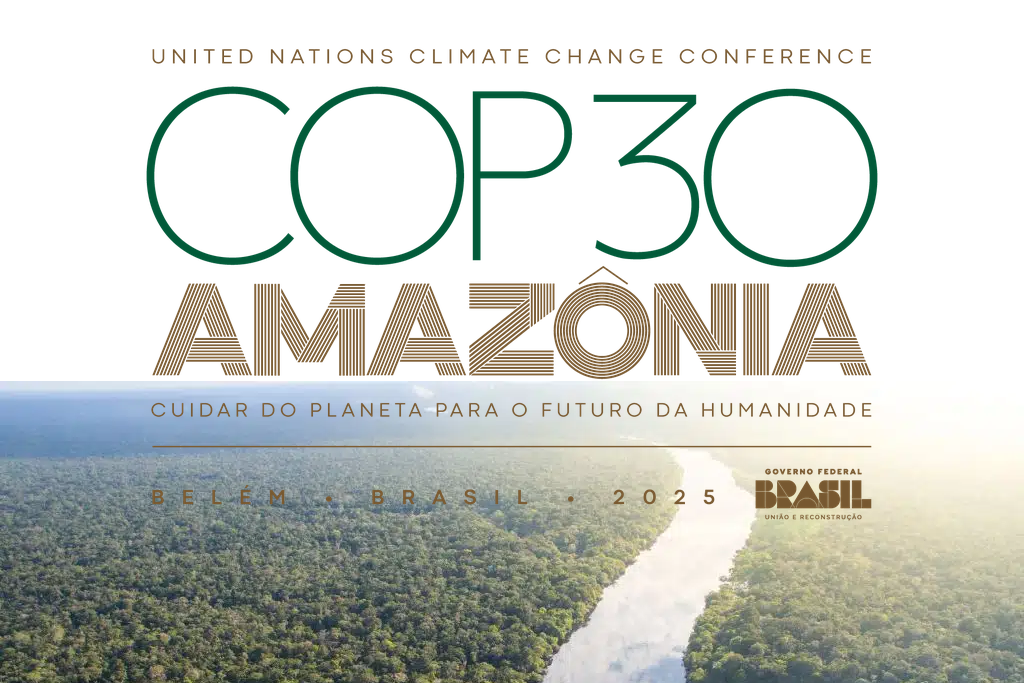In November 2025, COP30 will take place in the heart of the Amazon, in Belém, Brazil, a symbolic and strategic location for the global climate agenda. As communicators, we are being called to elevate our role from message carriers to facilitators of action, trust, and transformation. The recent letter from Aberje, which you can read on Page’s Knowledge Base, the Brazilian Association for Business Communication, offers powerful guidance on how to position communication at the core of climate engagement, and it holds valuable lessons for CCOs everywhere.
Aberje’s message is clear: communication must be more than informative. It must be strategic, science-based, inclusive and action-oriented. This guidance is especially relevant in today’s polarized environment, where misinformation thrives and public trust is fragile.
Here are a few key takeaways from the letter that CCOs can apply globally:
1. Communicate with Local Sensitivity and Global Purpose
COP30 presents a unique opportunity to spotlight voices from the Amazon region, especially Indigenous communities. CCOs should prioritize local inclusion, not just for authenticity, but to foster trust and legitimacy. At the same time, communication strategies must connect local realities to global goals. This dual approach strengthens the credibility of corporate commitments and enhances stakeholder engagement
2. Be a Guardian Against Disinformation
Aberje emphasizes the need to proactively identify and counter climate disinformation. CCOs are in a unique position to lead this effort, not only by correcting false narratives but by building partnerships with journalists, scientists, and civil society to create ecosystems of verified, accessible information.
3. Make Climate Action Tangible and Measurable
Translating COP agreements into everyday language and practical impact is a core communication challenge. CCOs should develop campaigns that focus on behavioral change, backed by measurable indicators. This positions the communication function as a driver of accountability and transparency in climate action.
4. Build for the Long Term, Not Just the News Cycle
Effective climate communication doesn’t end when the conference does. Sustained storytelling, follow-up on commitments, and permanent platforms for environmental information are essential. By treating COP30 as a milestone—not a moment—CCOs can ensure their organizations stay at the forefront of climate leadership
5. Bridge Science and Strategy
In a world hungry for clarity, communicators must translate complex science into narratives that inspire action. This requires close collaboration with technical teams and a deep understanding of both the audience and the broader socio-political context.
As the countdown to COP30 begins, communication leaders have an opportunity, and a responsibility, to shape the narrative of our collective future. Let’s make sure we don’t miss it.
